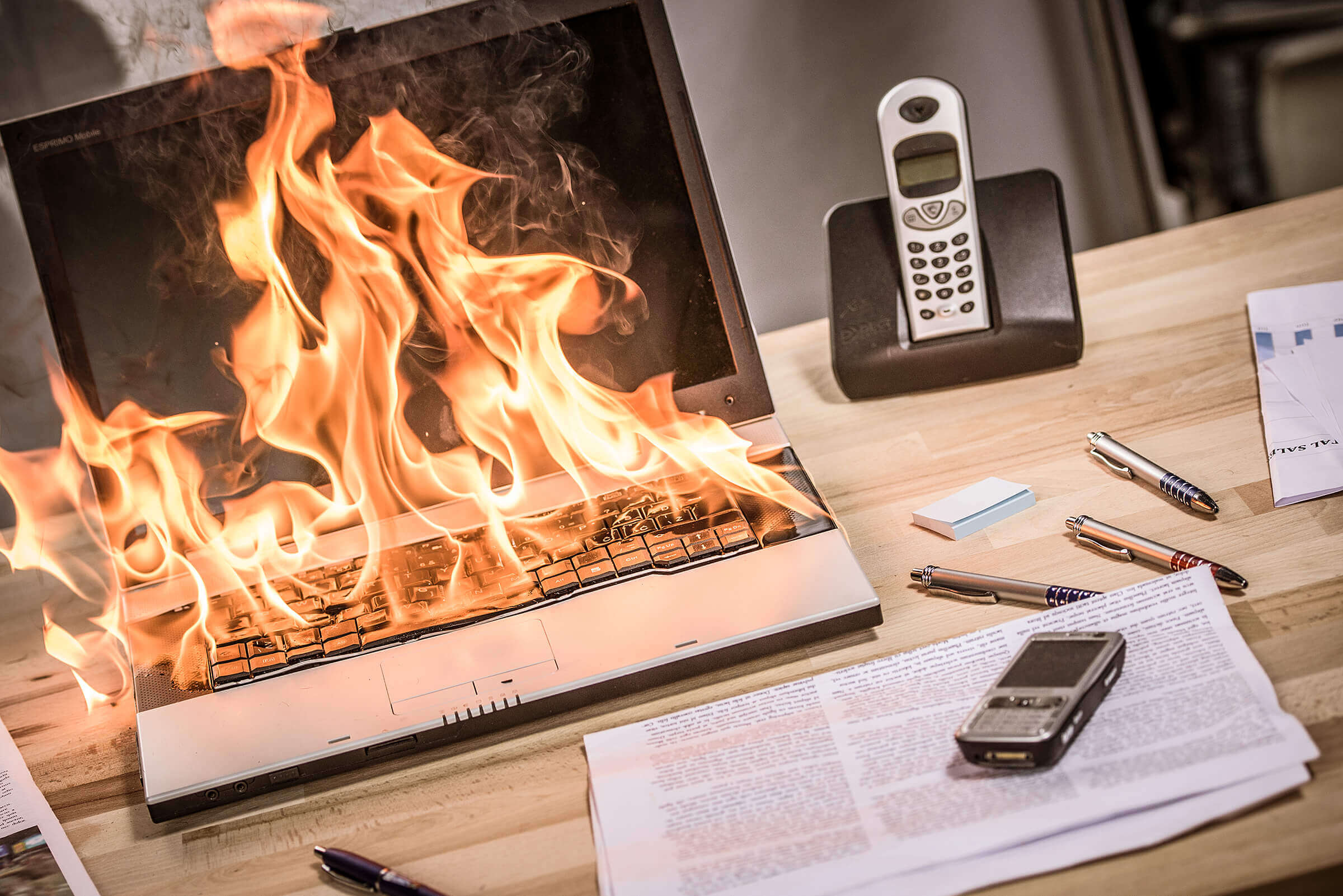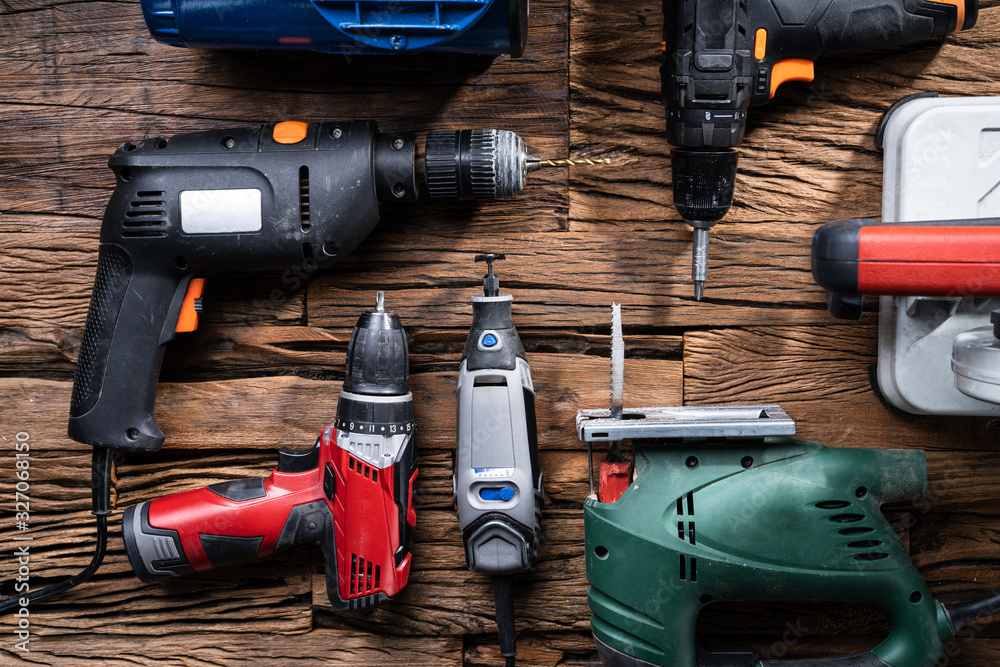Why do lithium-ion batteries catch fire? Lithium battery fires are caused by a chemical reaction inside the battery that produces an intense flame that is hard to extinguish and produces toxic gases.
Firefighters say they fear being ‘“overwhelmed” by increasing numbers of battery fires. There is a growing concern about the rate of lithium battery fires.
Lithium battery fires are caused by a chemical reaction inside the battery that produces an intense flame that is hard to extinguish and produces toxic gases.
Lithium-ion batteries, although great for our lifestyle, pose a fire risk if damaged, are used incorrectly or are not maintained.
Fire Rescue Victoria implore people to use reputable brands in line with manufacturer specifications.
As of July 2023, firefighters in Western Australia had responded to 32 battery lithium fires and in the ACT eight fires were attributed to e-scooter batteries in Canberra.
People should take precautions about how and when they charge lithium batteries, including avoiding overcharging them, avoiding flammable locations like a bed and using reputable brands.
Non-rechargeable or disposable lithium batteries, or lithium metal batteries should also be treated with caution as they can expel molten flammable metal and emit toxic gasses during a fire. Small fires involving single use, disposable lithium batteries should be treated as a Lithium-ion battery fire.
NSW Fire and Rescue has published detailed information on its website outlining precautions that can be taken.


